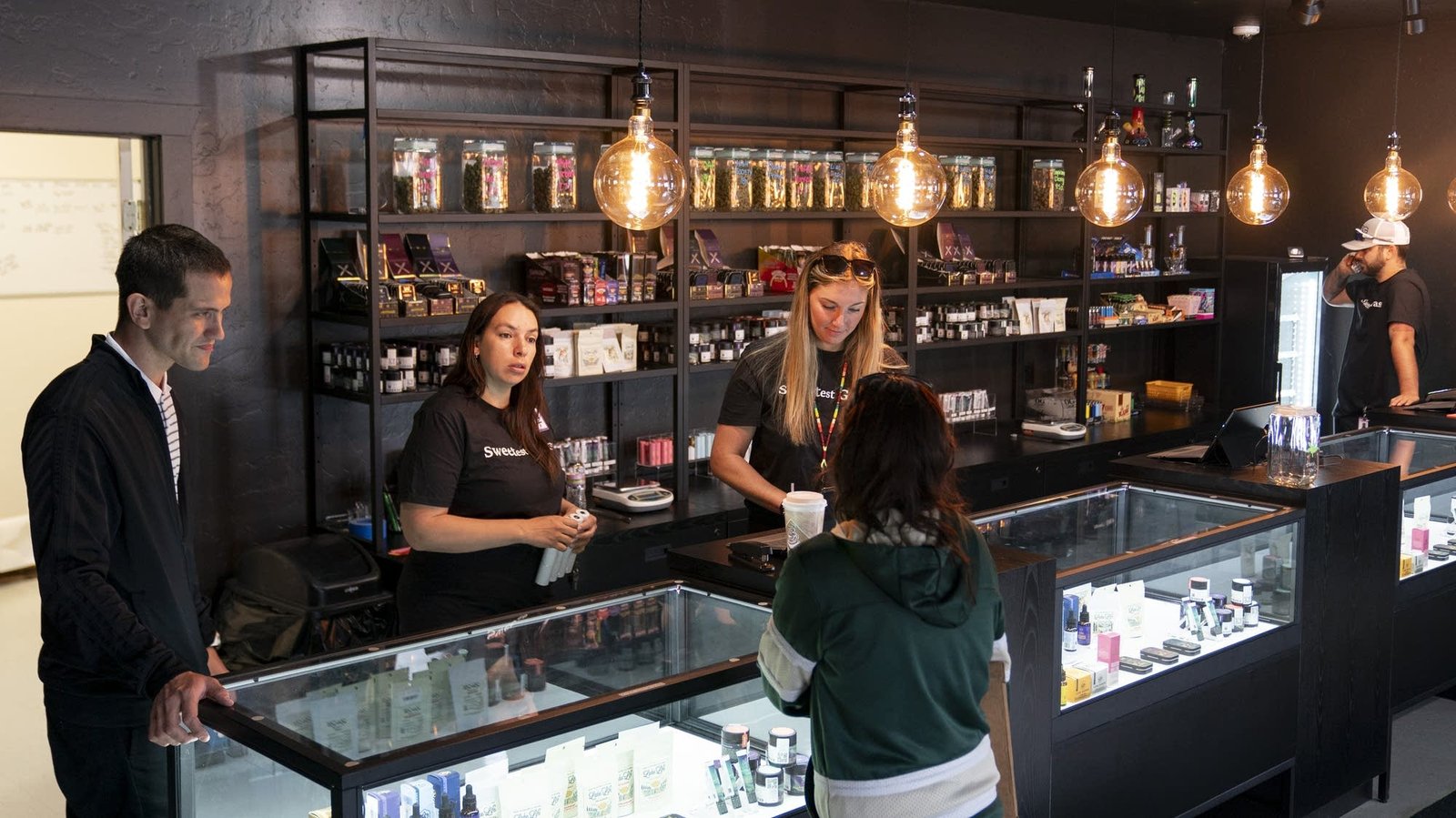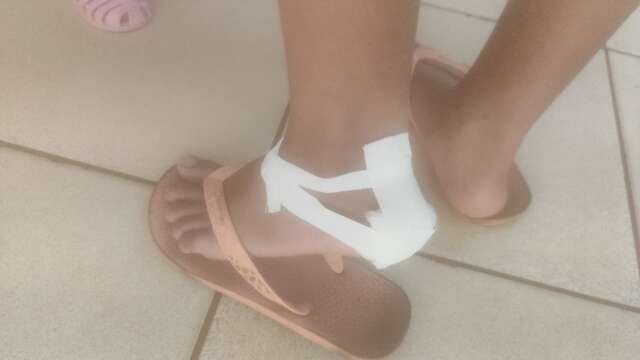Minnesota has begun distributing some of the revenue raised by marijuana’s legalization to communities harmed by past cannabis prohibition laws.
In recent weeks, the state’s Office of Cannabis Management announced it is sending out $1 million in grant funds to nonprofits across the state for projects designed to uplift marginalized communities, especially those who were over policed and racially profiled under prohibition.
“It’s really about righting the wrongs of the past,” said Jess Jackson, the office’s director of social equity. “It’s a reparative program.”
Drug enforcement has disproportionately impacted people of color in Minnesota and across the country. In 2020, before cannabis was legalized in the state, the American Civil Liberties Union reported that Black people, were 5.4 times more likely than white people to be arrested for marijuana possession in Minnesota, even though people of both races used marijuana at comparable rates.
The CanRenew community restoration grant funds are expected to grow as the cannabis industry takes off and the state collects more tax revenue from it, Jackson explained. Next fiscal year, as more facilities are expected to be licensed and up and running, the grant funds will increase from $1 million to $11 million.
Now that the drug has been legalized recreationally, Jackson said it’s important that the cannabis industry benefit all Minnesotans, and especially those affected by the war on drugs.
One of those communities is Steele County in southeastern Minnesota, about 65 miles south of the Minneapolis. The local United Way chapter is getting a $100,000 grant to create a new teen center in Owatonna. It’s one of eleven community organizations to receive funds this year, and one of only three in greater Minnesota.
Annette Duncan, president of United Way of Steele County, said that many of the youth they work with have parents or family members who have been incarcerated due to substance use. She explained that a third of the county’s residents live in poverty or are just one crisis away from it.
Duncan said one thing she hears over and over again from the teenagers they work with is that, ”we need a safe place that’s not home and that’s not school that we can go to, because there really isn’t any place like that for us.”
The new community center will provide everything from homework help to support groups around racial identity, sexual orientation and substance use prevention. She said she’s especially hopeful that the center will help teens navigate mental health challenges, which is a huge concern.
“When you’re in a rural community that's the size of, like, our whole county is only 37,000, and when you have our youth dying by suicide, at least one a year or one every other year, that’s too many,” Duncan explained.
She said her organization’s focus is on giving teenagers in town more opportunities.
“That’s what it comes down to,” Duncan said. “How can we give them more positive options and mentorship and leadership opportunities, so they can make the best choices possible for themselves.”
The other 2025 CanRenew grant awardees are as follows:
-
Affinity Care MN (Bloomington) is awarded $100,000.
-
Beltrami Area Service Collaboration (Bemidji) is awarded $100,000.
-
Girls Dream Code (St. Paul) is awarded $50,000.
-
Hired (Minneapolis) is awarded $85,000.
-
Ignite Afterschool (Minneapolis) is awarded $75,000.
-
InTENtions (Brooklyn Center & Mora) is awarded $100,000.
-
Metropolitan Economic Development Association (Minneapolis) is awarded $70,000.
-
Vermilion Country School (Tower) is awarded $100,000.
-
Walker West Music Academy (St. Paul) is awarded $50,000.
-
World Youth Connect (St. Paul) is awarded $100,000.




